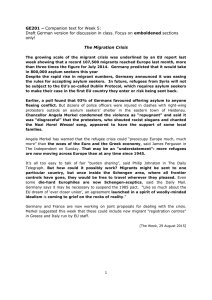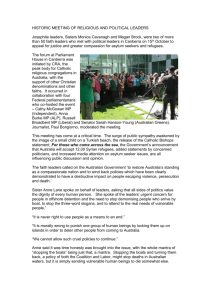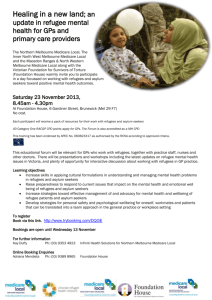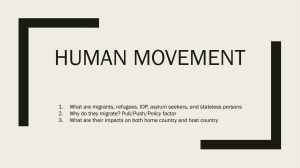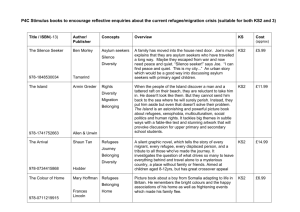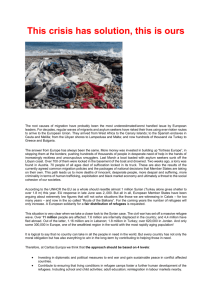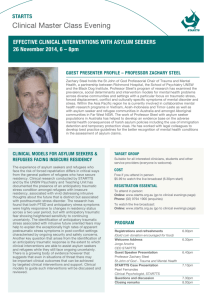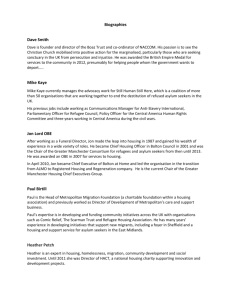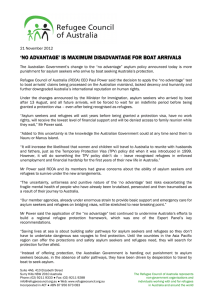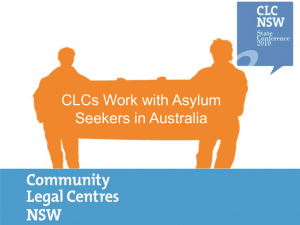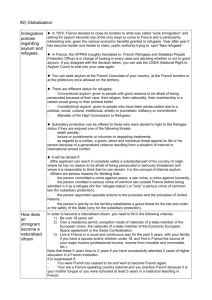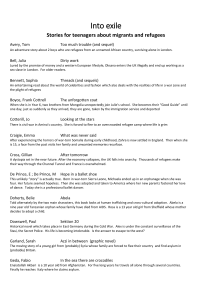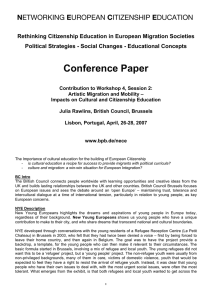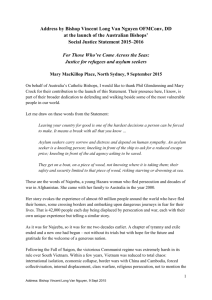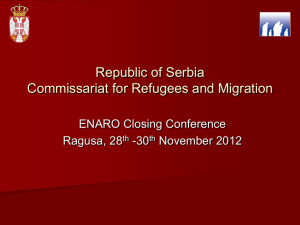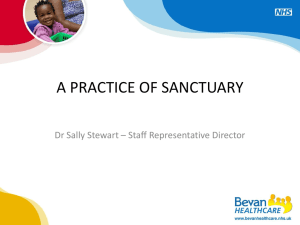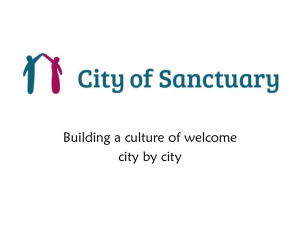Placement Learning in Health and Social Care
advertisement
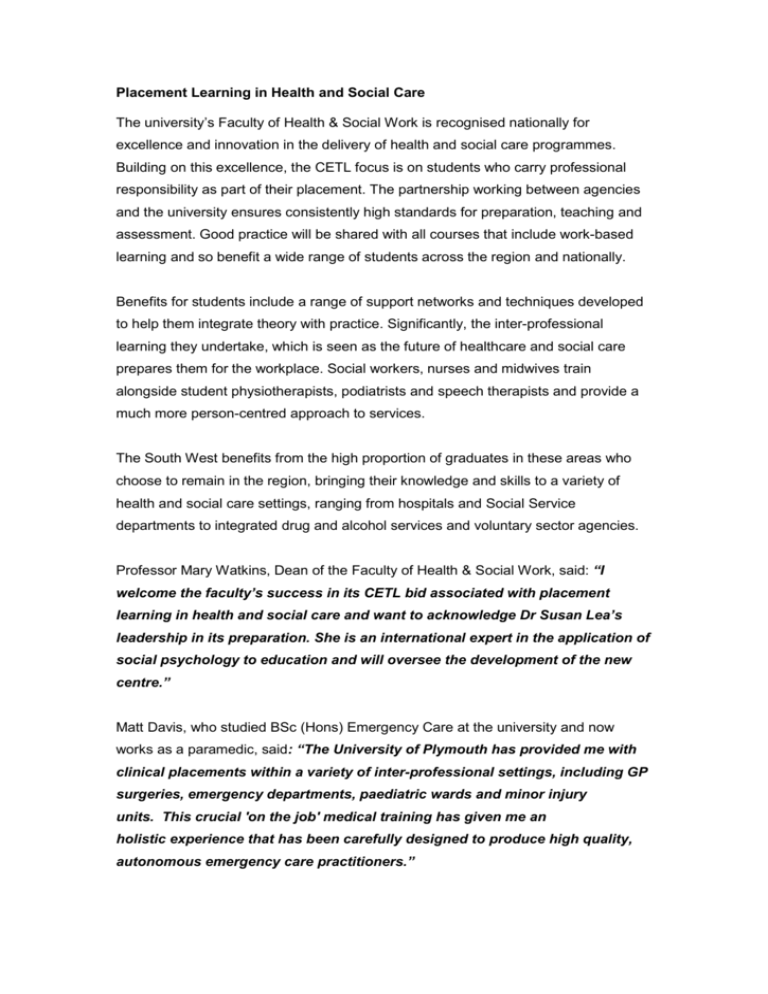
Placement Learning in Health and Social Care The university’s Faculty of Health & Social Work is recognised nationally for excellence and innovation in the delivery of health and social care programmes. Building on this excellence, the CETL focus is on students who carry professional responsibility as part of their placement. The partnership working between agencies and the university ensures consistently high standards for preparation, teaching and assessment. Good practice will be shared with all courses that include work-based learning and so benefit a wide range of students across the region and nationally. Benefits for students include a range of support networks and techniques developed to help them integrate theory with practice. Significantly, the inter-professional learning they undertake, which is seen as the future of healthcare and social care prepares them for the workplace. Social workers, nurses and midwives train alongside student physiotherapists, podiatrists and speech therapists and provide a much more person-centred approach to services. The South West benefits from the high proportion of graduates in these areas who choose to remain in the region, bringing their knowledge and skills to a variety of health and social care settings, ranging from hospitals and Social Service departments to integrated drug and alcohol services and voluntary sector agencies. Professor Mary Watkins, Dean of the Faculty of Health & Social Work, said: “I welcome the faculty’s success in its CETL bid associated with placement learning in health and social care and want to acknowledge Dr Susan Lea’s leadership in its preparation. She is an international expert in the application of social psychology to education and will oversee the development of the new centre.” Matt Davis, who studied BSc (Hons) Emergency Care at the university and now works as a paramedic, said: “The University of Plymouth has provided me with clinical placements within a variety of inter-professional settings, including GP surgeries, emergency departments, paediatric wards and minor injury units. This crucial 'on the job' medical training has given me an holistic experience that has been carefully designed to produce high quality, autonomous emergency care practitioners.” The university is pioneering inter-professional learning in social work with the Students and Refugees Together (START) project. This involves social work students together with students from other disciplines, such as publishing, accountancy and community development, working in partnership with refugees and asylum seekers in Plymouth to help them access the services they need. Due to language and cultural barriers, refugees and asylum seekers often have problems getting help with housing, health matters and benefits - and many of the services they require are already overstretched. The project, which started as a student-only ‘virtual agency’ in 2001, acts as a ‘bridge’ between the refugees and asylum seekers and the services. To date more than 130 refugees and asylum seekers have received home-based support from START students. In 2004 the project received £130,000 of funding from the National Lottery over two years and £161,000 from the Supporting People programme. Thus it is now able to employ qualified student supervisors from social work, health, occupational therapy and community development and it has its own premises in Plymouth. The project also operates a ‘Cultural Kitchen’, providing a friendly environment where people from different cultures can cook familiar dishes and eat together while developing their skills and meeting new people. Avril Butler, Senior Lecturer in Social Work who leads the START project, writes: “As groups, both students and refugees are sometimes viewed as a burden on society, but they are both potentially high contributors. The START project aims to work with their strengths and the success of the project is testament to what can be achieved. “We are able to provide students with high quality placement learning and they are aware that they are providing a very necessary service – they are the lifeblood of the project.” Michelle Lobb, a University of Plymouth student involved with the START project, said: “The START practical learning experience has positively recognised and developed my work based learning practice, but importantly it has promoted my existing skills. The knowledge I have gained I will continue to use but also share with others.”
